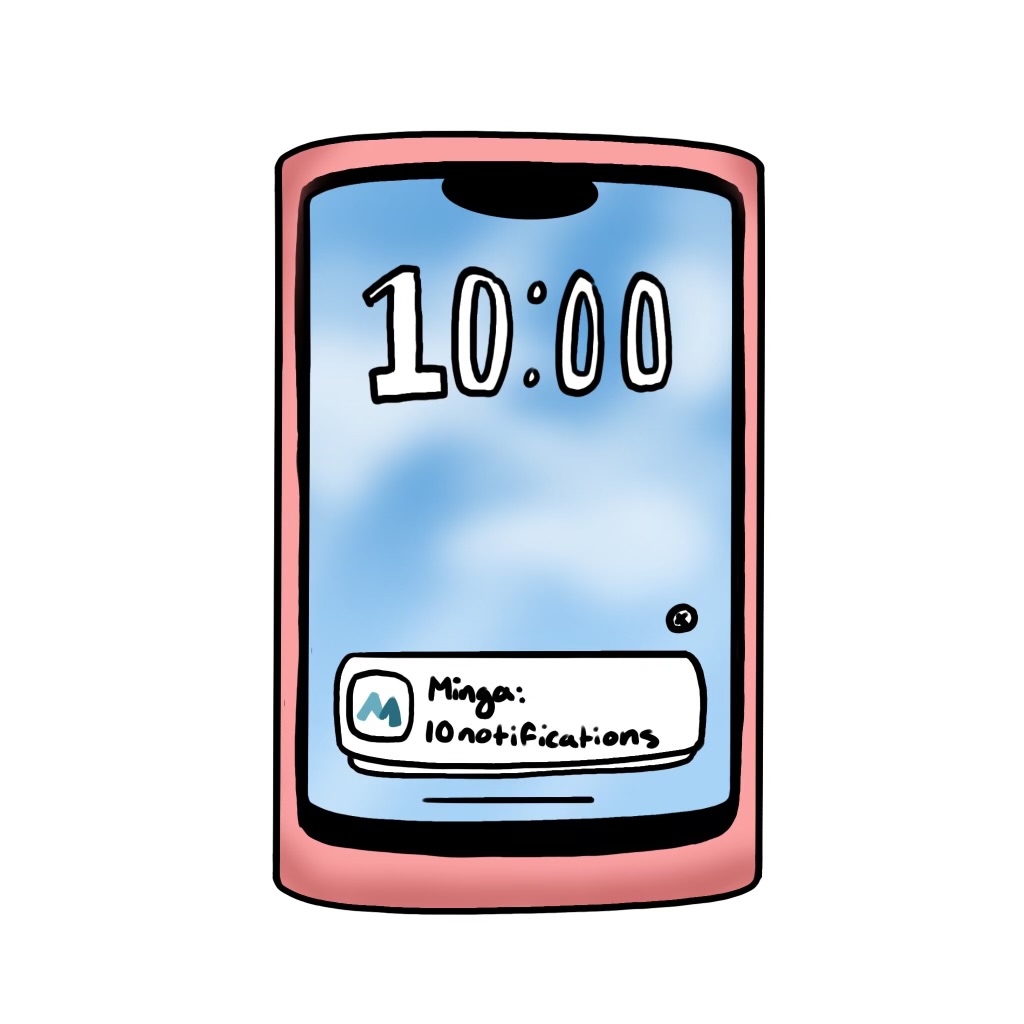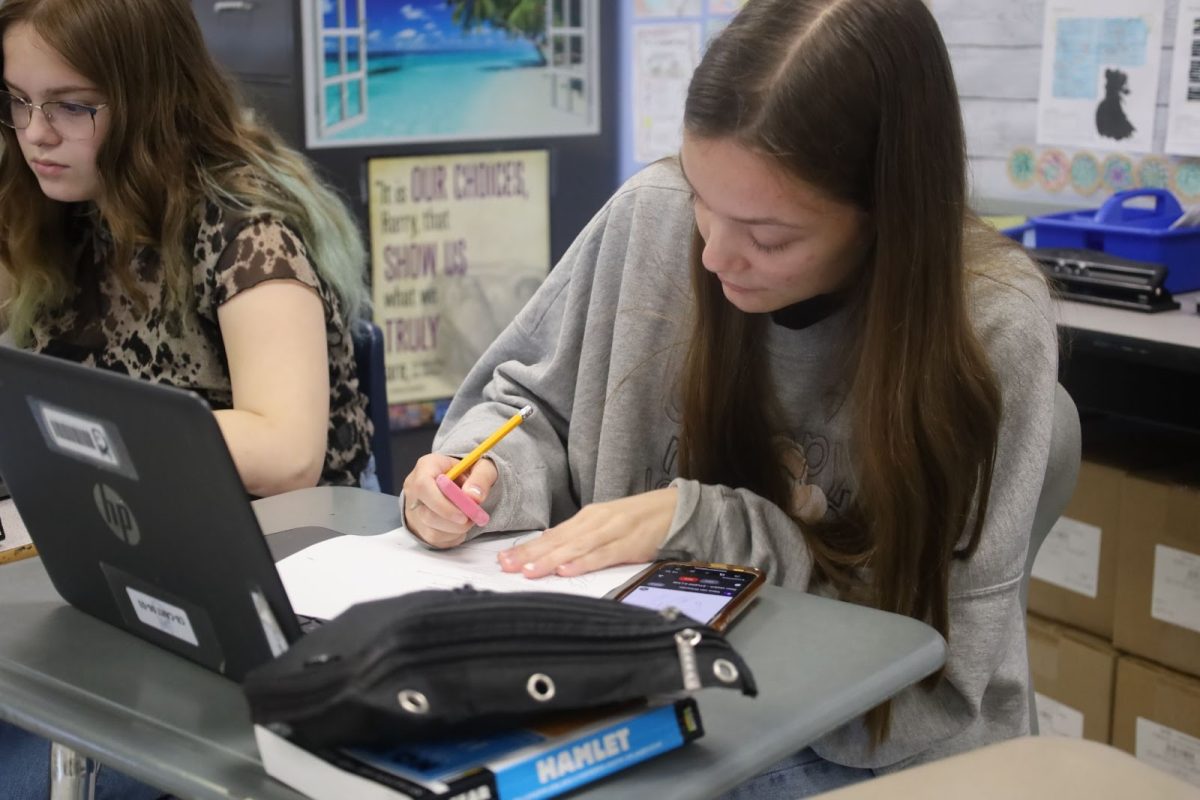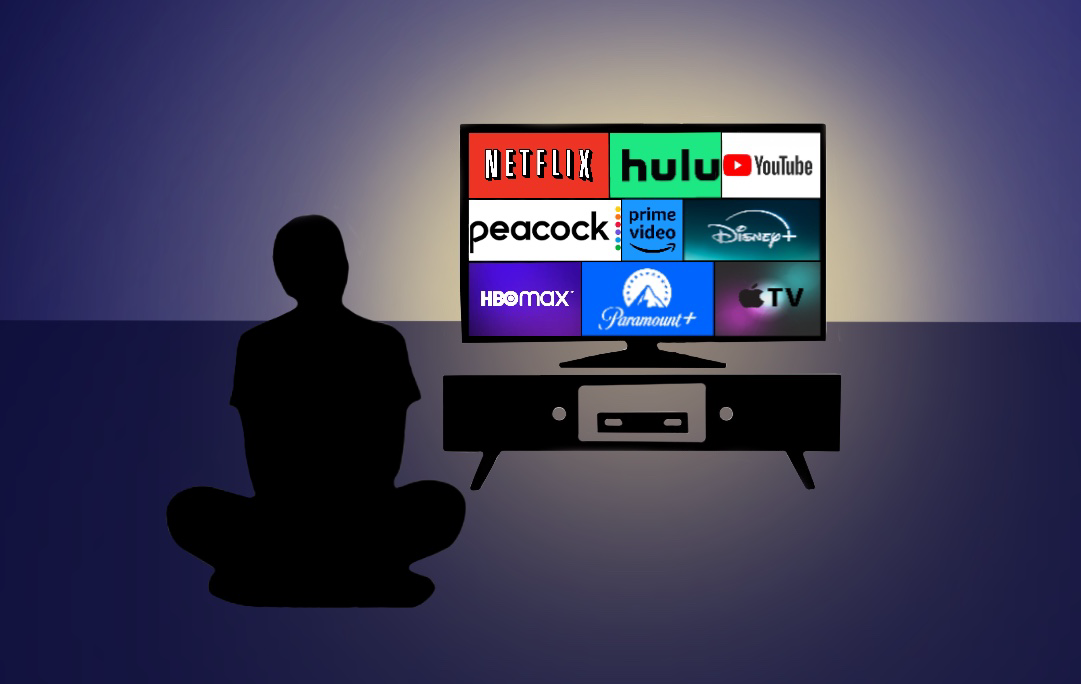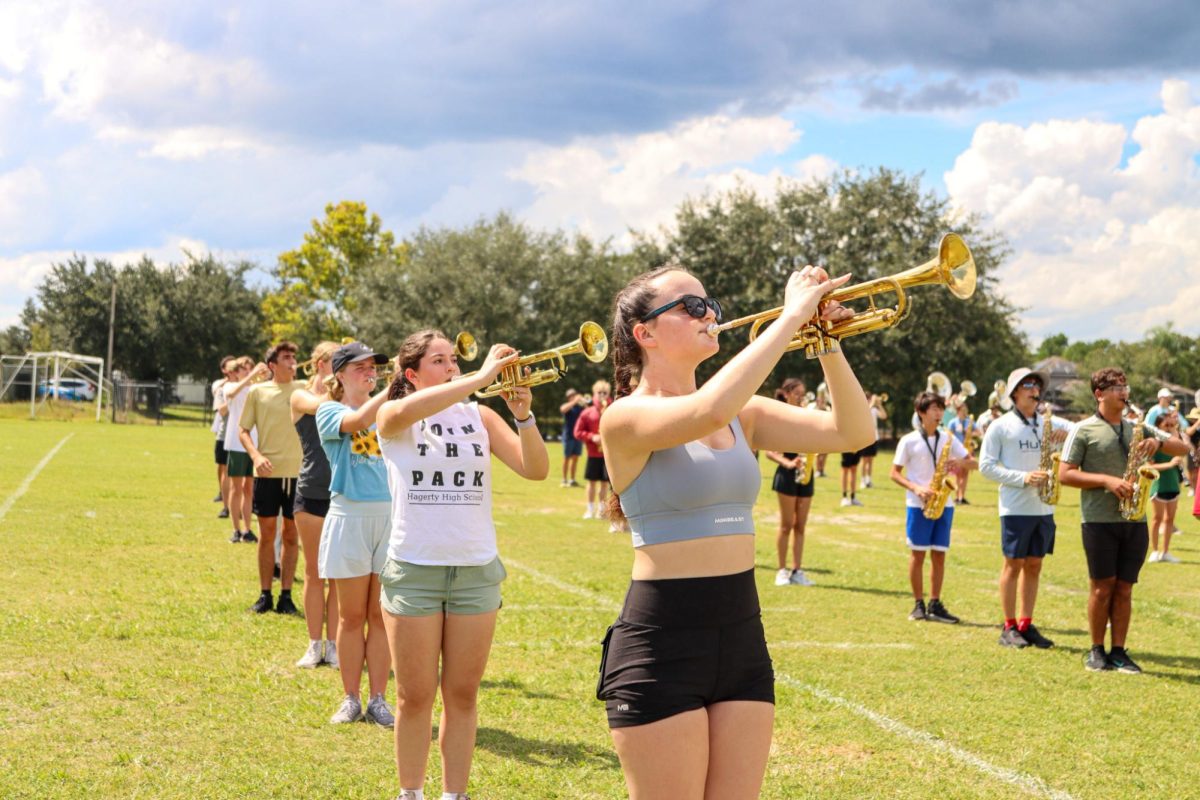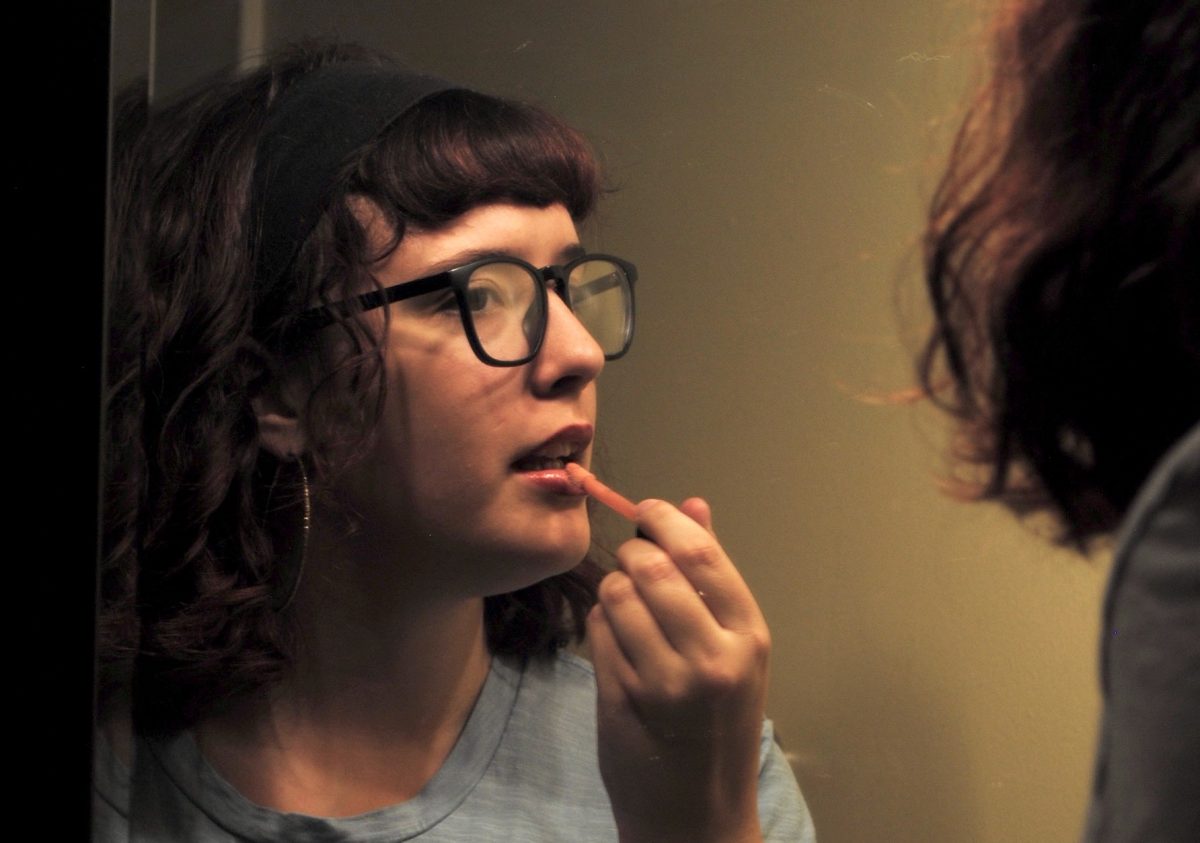Everyone has their own morning routine: some wake up early to catch the bus on time; some drive themselves or carpool; a lucky few get to sleep in because they have a free first or second period—but what happens when the morning does not go as planned? What happens when your alarm goes off at the wrong time? What if it’s simply a bad morning?
As these unplanned issues arise, students can face consequences. Being late once or twice isn’t going to be much of a problem, but when it becomes a pattern, students can face detention, in-school suspension or even Saturday school.
This school year, the Minga app was implemented for virtual student IDs, but that is not the only thing the app is used for.
Using the app, administration can track the amount of tardies a student has, and after a fourth unexcused tardy is put in the system, a notification appears within the app that the student has to serve detention for one hour.
“The notification says that you have either a week or three days to serve,” school administration manager Jason Maitland said. “We have detentions on Tuesdays and Thursdays, so if you get it on Wednesday, you need to serve it Thursday, and if you get it on Friday, you gotta serve it on Tuesday.”
However, the current system allows for problems to arise. The notifications are only seen when the app is opened, which is a problem considering most students do not open the app regularly or have it at all. Many students miss these warnings completely, leading to worse punishments like Saturday school and in-school suspension. Many students only used the app for their ID and bathroom passes and had no idea that it was required to frequently check the app for these notifications.
“It was quite odd when I received an email stating I had to attend detention,” sophomore Yaishkenielis Cabán said. “As a minor who cannot drive and arrive at their desired time, we shouldn’t be penalized with a detention and have absolutely no warning from the front desk before detention.”
Serving detention, unlike suspensions, will not go on a high school transcript, so students have no need to worry, as long as they stay on top of things and make sure to serve as soon as possible.
“I got detention once for being tardy. I’m not a bad kid per se, I don’t do bad things, but it was chill,” sophomore Celeste Bustillo said. “It was basically just like a study hall without phones, and nobody could talk to each other. All the desks were spaced out.”
The important thing to note about these detention escalations is that communication is key. Not every student has an endless amount of free time to serve detention the day after they get the notification. Some students have jobs or after-school activities, and it is their responsibility to notify Admin about these prior time commitments beforehand. Students are encouraged to go to room 7-100 if they have conflicts in scheduling, to work with admin to prevent a worse punishment.
“Ms. Patricia [Narvaez] has been very nice with a lot of students, and has given them second and sometimes third chances to reschedule it,” Maitland said. “We do sometimes work with students obviously if they have appointments, or maybe they’re working, we try to make some accommodations.”
While the Minga notifications are still occasionally missed by students, most have grown used to the new routine, and make sure to check the app if they have tardies.
“I think at the beginning of this process, more students missed because they didn’t realize where the notifications were coming from. And now that they do, it’s a little bit better,” Maitland said. “I mean, any given Tuesday or Thursday we’ll still have kids that have missed detentions for sure.”
Over the next few school years, Minga will be utilized for more than just hall passes and tardies, allowing students to adapt to the technology once again.
“We’re going to be using Minga for some other things,” Maitland said. “But we’ll let that be known when it happens.”

